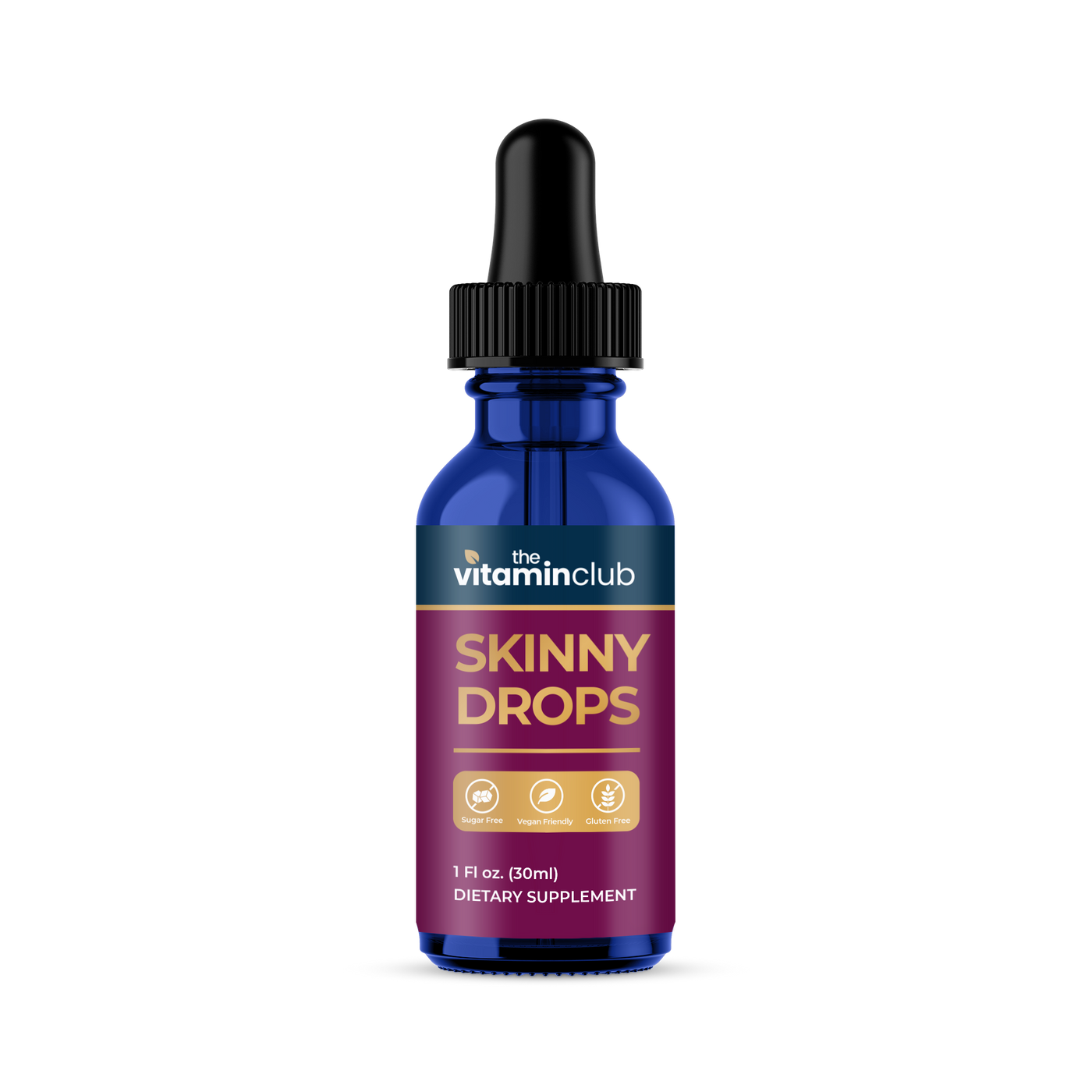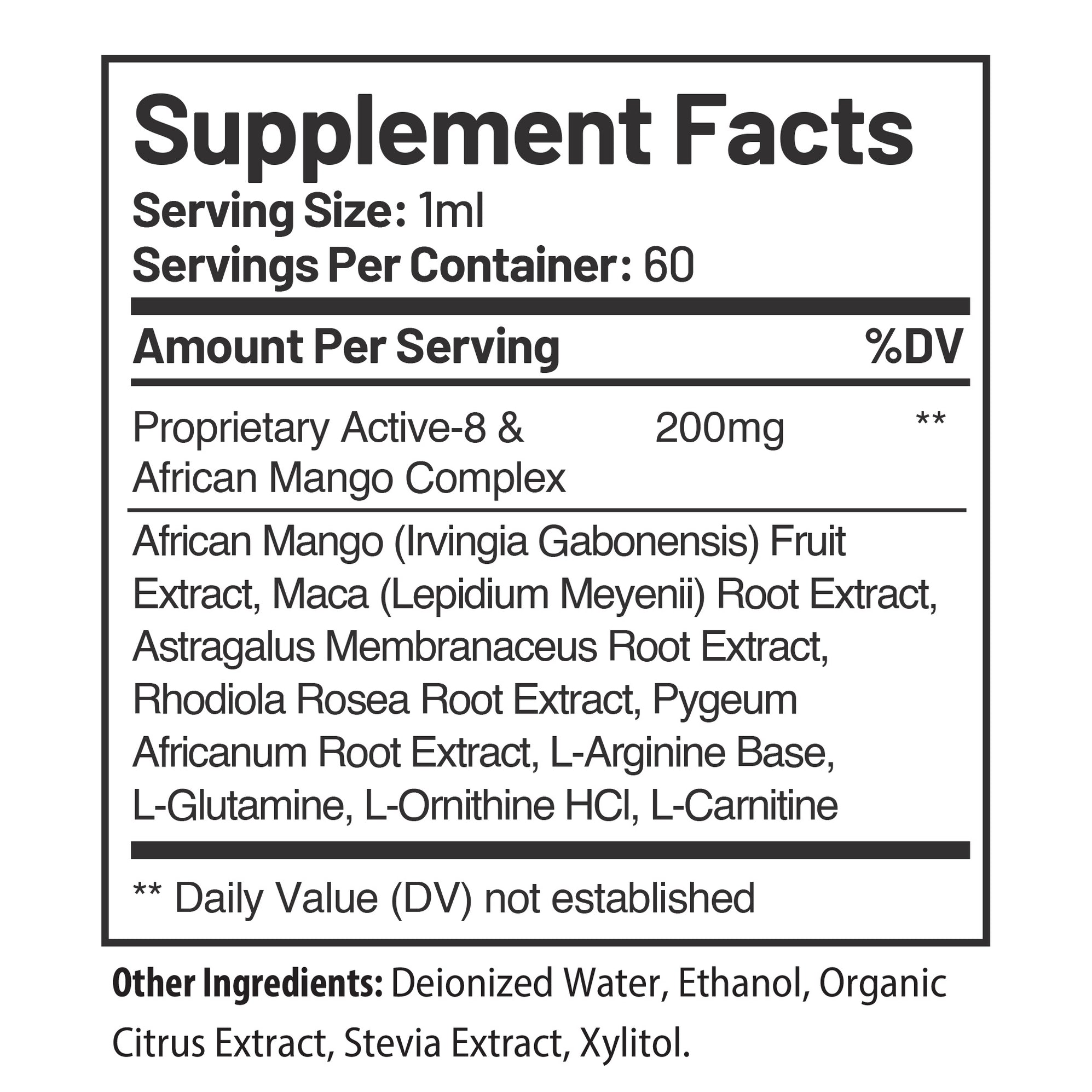What Are Skinny Drops Made Of

The allure of rapid weight loss has fueled a market flooded with various products promising quick results. Among these, "skinny drops" have gained traction, often marketed as dietary supplements that can accelerate weight loss. But what exactly are these drops made of, and are the claims surrounding them supported by scientific evidence?
Understanding the composition of skinny drops is crucial for consumers to make informed decisions about their health. This article aims to dissect the common ingredients found in these products, examining their purported benefits and potential risks, while relying on scientific research and expert opinions.
Decoding the Ingredients: What's Typically Inside?
The formulation of skinny drops can vary significantly between brands and products. However, certain ingredients frequently appear in their composition.
Common Ingredients and Their Purported Effects
One prevalent ingredient is human chorionic gonadotropin (hCG). This hormone is naturally produced during pregnancy. Its use in weight loss products stems from a controversial protocol involving very low-calorie diets (VLCDs).
The original hCG diet, popularized by Dr. A.T.W. Simeons, involved injecting hCG alongside a severely calorie-restricted diet (around 500 calories per day). Advocates claim that hCG helps to mobilize fat stores, suppressing appetite and preserving muscle mass during calorie restriction.
However, the Food and Drug Administration (FDA) and the Federal Trade Commission (FTC) have taken a strong stance against hCG-based weight loss products. They state that there is no substantial evidence to support the claim that hCG causes weight loss, reduces hunger, or redistributes body fat.
Another common category of ingredients found in skinny drops are amino acids, particularly L-arginine, L-carnitine, and L-ornithine. These amino acids are often marketed as fat burners and muscle builders.
Some studies suggest that L-carnitine may play a role in fat metabolism by transporting fatty acids into the mitochondria, where they can be burned for energy. However, the effects are often modest and not consistently observed across all studies. Similarly, while L-arginine may influence growth hormone release, its impact on weight loss is not clearly established.
Certain skinny drops also incorporate herbal extracts, such as green tea extract, garcinia cambogia, and African mango. Green tea extract contains catechins, particularly epigallocatechin gallate (EGCG), which have been linked to potential metabolic benefits.
Garcinia cambogia contains hydroxycitric acid (HCA), which some studies suggest may inhibit fat production and suppress appetite. African mango is another ingredient claimed to promote weight loss by influencing metabolism and appetite.
However, the scientific evidence supporting the efficacy of these herbal extracts for significant weight loss is often limited and inconsistent. Furthermore, the quality and purity of herbal extracts can vary widely, raising concerns about product standardization and potential contaminants.
Some skinny drops may also contain vitamins and minerals. These are usually included to address potential nutrient deficiencies associated with calorie restriction, not necessarily to directly promote weight loss.
Potential Risks and Concerns
The potential risks associated with skinny drops are multifaceted. hCG-based products pose a significant concern due to the lack of evidence supporting their efficacy and the potential for side effects.
Adhering to a very low-calorie diet (VLCD) is inherently risky and can lead to various health problems. These include electrolyte imbalances, fatigue, muscle loss, heart arrhythmias, and gallstone formation.
The FDA warns against using hCG for weight loss. They have not approved it for this purpose and consider it an unproven and potentially dangerous treatment.
Moreover, the lack of regulation in the dietary supplement industry raises concerns about product safety and quality. Skinny drops may contain undisclosed ingredients, contaminants, or inaccurate dosages. This poses a risk to consumers, particularly those with underlying health conditions or those taking other medications.
Herbal extracts can also interact with medications or have adverse effects in some individuals. It is crucial to consult with a healthcare professional before using any weight loss supplement, especially if you have any pre-existing medical conditions.
The Importance of Evidence-Based Approaches to Weight Loss
Sustainable weight loss is best achieved through a combination of a balanced diet, regular physical activity, and lifestyle modifications. These strategies are supported by extensive scientific evidence and promote long-term health.
Drastic measures like VLCDs and unproven supplements may lead to short-term weight loss. But they are often unsustainable and can have detrimental effects on your overall well-being.
"There's no magic bullet for weight loss," says Dr. Jane Smith, a registered dietitian. "Focus on making gradual, sustainable changes to your diet and exercise habits. Consult with a healthcare professional or registered dietitian for personalized guidance."
The marketing of skinny drops often relies on testimonials and anecdotal evidence, which can be misleading. It is crucial to critically evaluate these claims and rely on evidence-based information from reputable sources.
Conclusion
Skinny drops are complex mixtures of ingredients that often include hCG, amino acids, herbal extracts, and vitamins. The scientific evidence supporting their efficacy for weight loss is generally weak or lacking.
The potential risks associated with these products, particularly those containing hCG and those promoting very low-calorie diets, outweigh the purported benefits. Consumers should exercise caution and consult with healthcare professionals before considering the use of skinny drops or any other weight loss supplement. Prioritize evidence-based approaches to weight loss that focus on sustainable lifestyle changes for long-term health and well-being.


















